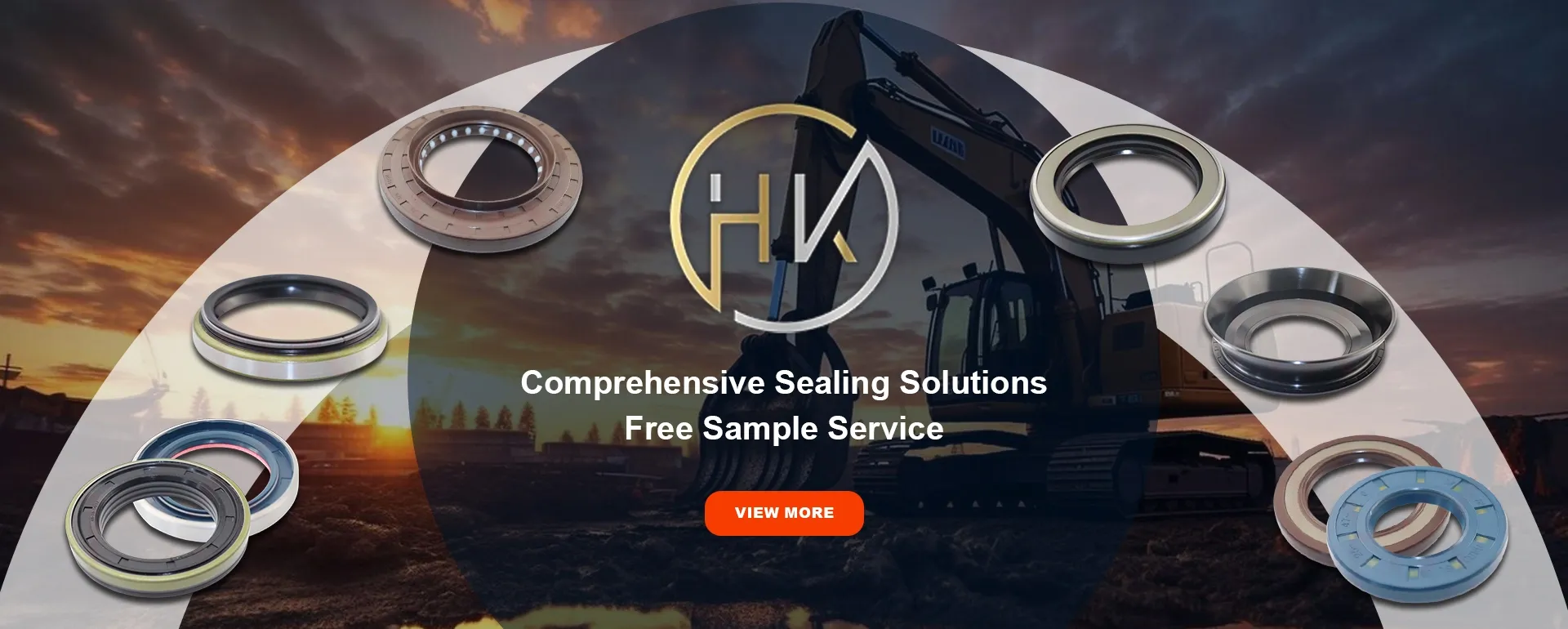Nov . 16, 2024 18:38 Back to list
Understanding the Function and Importance of Oil Seals in Machinery Components
Understanding Oil Seals An Essential Component in Machinery
Oil seals, sometimes referred to as oil retaining seals or shaft seals, are crucial components in various mechanical systems. Their primary function is to prevent the leakage of lubricants or fluids from machine components while simultaneously blocking contaminants from entering. This article will delve into the significance, types, and applications of oil seals, illustrating why they are vital for the efficiency and longevity of machinery.
The Importance of Oil Seals
In any machinery that operates with moving parts, lubrication is essential for reducing friction and wear. Oil seals play a pivotal role in maintaining this lubrication by ensuring that the oil stays contained within the machinery's components. Without efficient seals, machinery would suffer from oil leaks, which could lead to increased friction, overheating, and ultimately, premature failure of parts. Moreover, the ingress of dirt, dust, and other contaminants can exacerbate wear and damage, making seals crucial for protecting the internal components of machines.
Types of Oil Seals
Oil seals come in various designs and materials, allowing them to suit a wide range of applications. The most common types include
1. Rubber Oil Seals These are made from different grades of rubber, such as nitrile, neoprene, or fluorocarbon, each with unique properties suited for specific operating conditions. Rubber seals are often used in automotive applications due to their resilience and ability to withstand varying temperatures and pressures.
oil seal

2. Metallic Oil Seals These include a metal case and a lip seal made from rubber or synthetic materials. They offer enhanced durability and can be used in heavier machinery where higher pressure resistance is required.
3. Composite Seals These seals are constructed from multiple materials to leverage the advantages of both. They often feature a rubber lip with a metal or plastic support, ensuring a flexible yet robust sealing solution.
Applications of Oil Seals
Oil seals are found in numerous industries and applications. In the automotive sector, they are commonly used around crankshafts, camshafts, transmission components, and differential housings. Their role is vital in keeping engines and transmission systems free from oil leaks, contributing to overall vehicle performance and safety.
In industrial machinery, oil seals are utilized in gearbox assemblies, hydraulic systems, and pumps. They help maintain pressure and ensure that lubricants remain effective, optimizing the operational efficiency of the machinery. Additionally, oil seals are essential in appliances like washing machines and compressors, where fluid containment and leakage prevention are paramount.
Conclusion
Oil seals may seem like small components in the grand scheme of machinery, but their impact is significant. By preventing lubricant loss and protecting against contamination, they help maintain the efficiency, reliability, and lifespan of mechanical systems. As technology advances, the design and materials of oil seals continue to evolve, ensuring they meet the demanding needs of modern applications. Investing in high-quality oil seals and ensuring their proper installation is crucial for anyone looking to enhance the performance and durability of their machinery.
-
TCN Oil Seal Metal Ring Reinforcement for Heavy Machinery
NewsJul.25,2025
-
Rotary Lip Seal Spring-Loaded Design for High-Speed Applications
NewsJul.25,2025
-
Hydraulic Cylinder Seals Polyurethane Material for High-Impact Jobs
NewsJul.25,2025
-
High Pressure Oil Seal Polyurethane Coating Wear Resistance
NewsJul.25,2025
-
Dust Proof Seal Double Lip Design for Construction Equipment
NewsJul.25,2025
-
Hub Seal Polyurethane Wear Resistance in Agricultural Vehicles
NewsJul.25,2025
-
The Trans-formative Journey of Wheel Hub Oil Seals
NewsJun.06,2025
Products categories
















